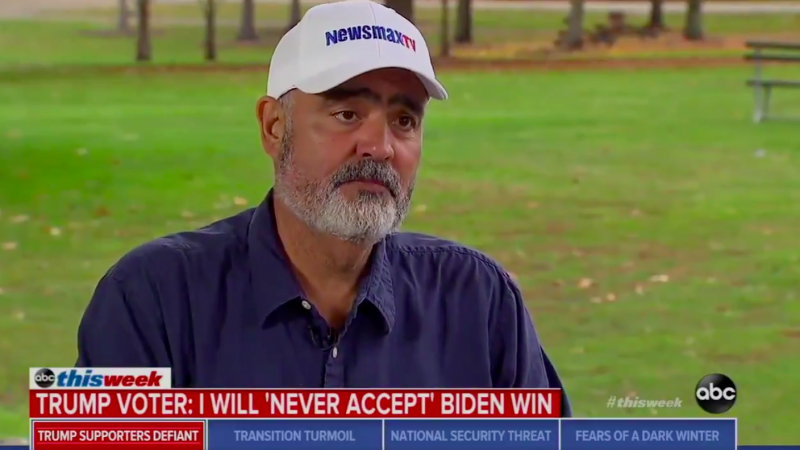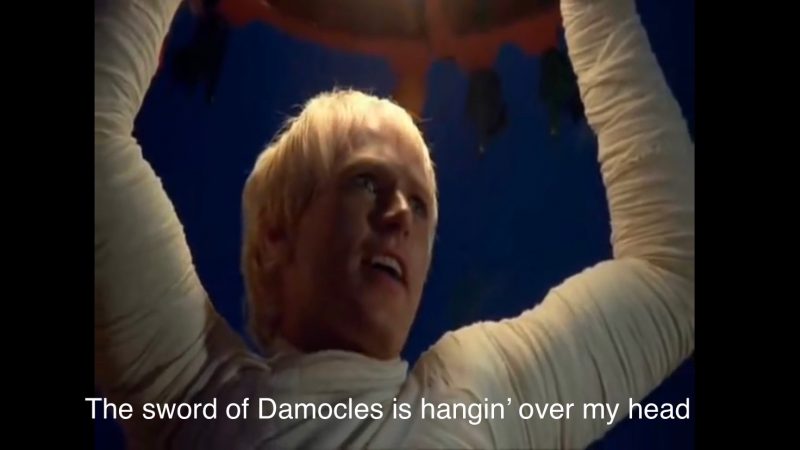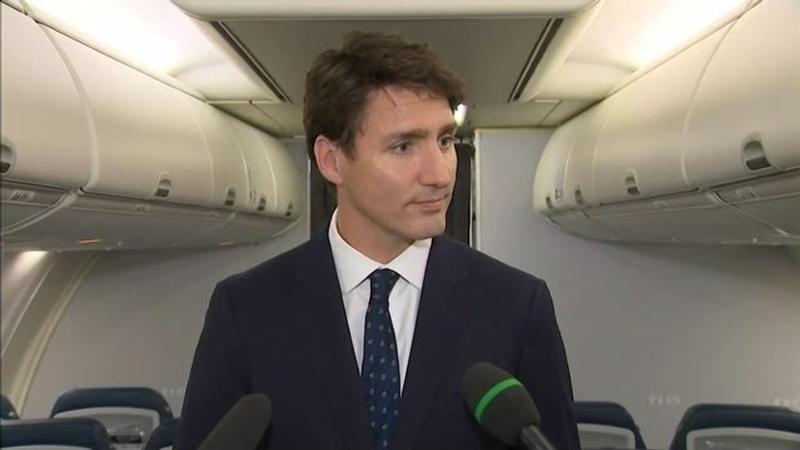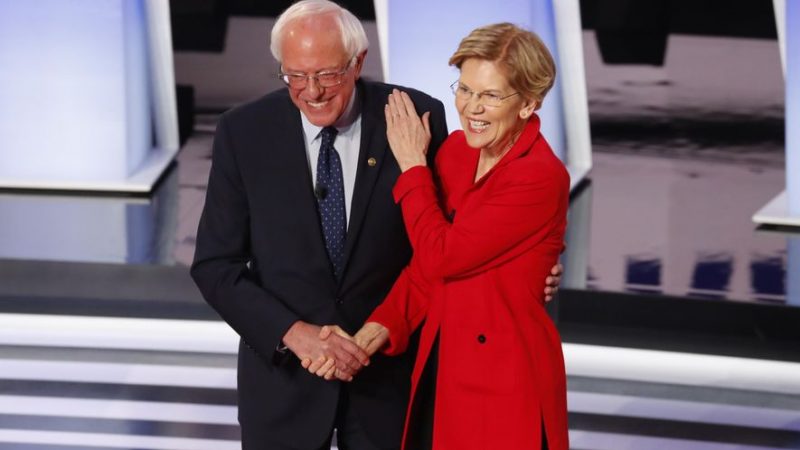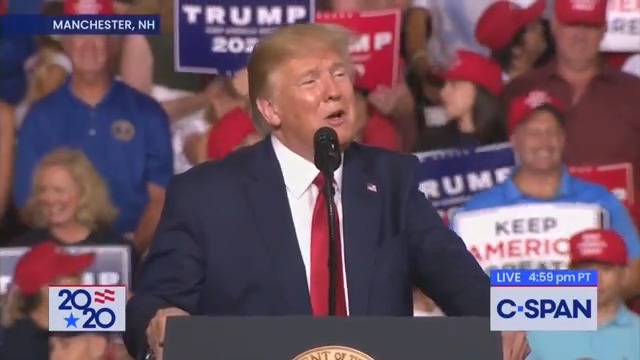Trump’s Bromance With Kim Jong Un Is a Threat We Cannot Accept
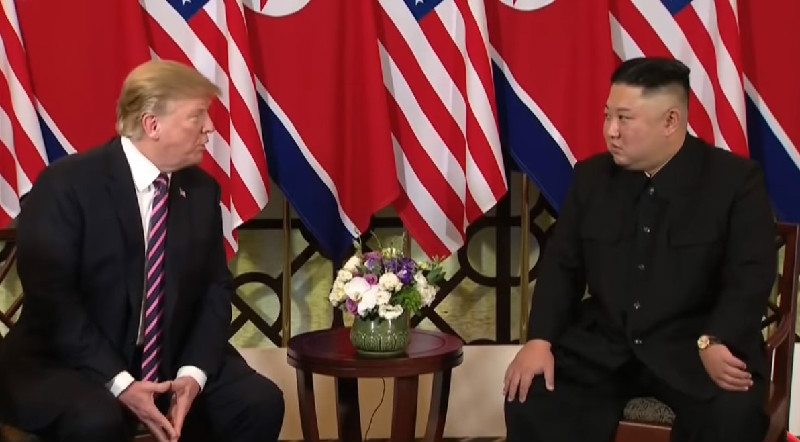
If politics is theatre — and it can be nothing else, with Donald Trump as President of the United States — then Trump and North Korean dictator Kim Jong Un disappointed audiences with their empty performance in Hanoi on Thursday.
Against all logic, hopeful talk was floated about the possibility of North Korean denuclearization in exchange for the lifting of U.S. economic sanctions on the totalitarian regime. Some even daydreamed about the signing of a formal treaty to end the Korean War officially. These are wonderful goals, and diplomacy is certainly the only way to reach them. But this author remains baffled by widespread assumptions that these results were ever possible outcomes of a meeting between Trump and Kim.
Before we get into this, a disclaimer: this article examines the wrongheaded rhetoric surrounding the Hanoi summit. It does not propose a solution to one of the United States’ thorniest international policy issues, because the author is not an expert on international policy.
That said, this author is an expert on rhetoric, and, hoo boy. When it comes to rhetoric, we are in extremely dangerous territory.
I’m usually one to stand against fearmongering, but if there’s one thing that’s not scaring us enough, it’s the relationship between Trump and Kim. By now, you’ve heard the phrase “love letters” bandied about in reference to the correspondence Trump and Kim have traded since their meeting in Singapore last year. That phrase was actually chosen by White House aides, who have additionally reported that Kim refers to Trump as “Your Excellency” in his letters. We know from watching the news media this past week that Trump and his cronies have long since taken to referring to Kim as “Chairman Kim,” a self-appointed title Kim uses to give his leadership of North Korea an appearance of democratically backed legitimacy.
All of this would be fine, if slightly grotesque, were it not for the fact that Kim Jong Un is one of the most ruthless and untrustworthy actors currently on the world stage. I’m sure you know at least some of the details, but here’s a refresher: North Korea under the Kim regime is a totalitarian state that sustains itself through a mixture of fear, information control, and isolationism. Under nominal communism, North Korea hoards its scarce resources for the state — in practice, for the elite — and this, combined with scant international trade, has lead to endemic mass starvation for its people. The nation’s borders are functionally sealed, allowing extremely limited flow of goods and information in and out, and controlling tourism tightly in order to maintain its propaganda machine [1]. These practices limit dissent and make defection a literally death-defying act; dissenters and would-be defectors who are caught go to the nation’s concentration camps, which experts estimate hold between 80,000 and 120,000 victims at this exact fucking moment. And, of course, there’s the medical experimentation on human subjects and the kidnapping, torture, and murder of foreign visitors.
One such visitor was Otto Warmbier, an American student tourist who, in 2017, was returned to his family after a year’s unexplained detention in North Korea. Warmbier came home blind, deaf, and comatose, and died within weeks of his return. Warmbier’s family respectfully waited until the Hanoi summit was over before sharing the words that must have been hanging heavily on them all week: “Kim and his evil regime are responsible for unimaginable cruelty and inhumanity. No excuses or lavish praise can change that.”
Trump, conversely, said of Kim’s absurd claim that he was unaware of Warmbier’s imprisonment and torture, “I will take him at his word.” I’d call that an empty cliche, but that would imply that it wasn’t loaded with dangerous meaning. The meaning is this: Kim’s flattery is more important to Trump than the life or dignity of any American citizen.
We’re not surprised by Trump’s conduct in this instance. In fact, we’re so inured to Trump’s habit of praising brutal dictators — he’s been doing it since long before he was elected — that this very article will probably fall to accusations of sensationalism. But Trump’s words and actions are sensationally disturbing, and we should not risk forgetting, and thereby tacitly condoning, any of them.
The truth is, there was never a chance of a satisfactory resolution to the meeting between Trump and Kim. We lost — we as Americans, and we as an international community — when the two leaders, as Trump put it, “fell in love.” When the President of the United States looked into the eyes of one of the worst human rights abusers currently living and saw a kindred spirit, we all lost. Trump and Kim get along (at least on the surface) because they are both self-aggrandizing liars, and they share a cynical and narcissistic worldview that few others can truly empathize with. The difference is that Kim was given an already oppressed nation on which he could practice his brutal instincts, whereas Trump is hemmed in by what remains of America’s republic.
Kim Jong Un’s word to Trump could never have been trusted, and Kim could never have trusted Trump’s word. A private meeting between the two men was never a solution to the problem. So what was it? Stagecraft. Trump legitimized Kim by meeting with him, and his and his administration’s unearned respectful words about the “Chairman” have shifted the Overton window so far to the right that we can barely see hope through it.
Forgive the dramatic metaphor, but we need to smash that window. If we continue to pretend, even for a moment, that seeing the President of the United States lavish praise upon a mass-murdering dictator is normal, then we will continue to lose what we hold dear, day by day.
Diplomacy is necessary, even with reprehensible people. But there is, and must be, a difference between diplomacy and theatre. If our suffering under Trump has taught us anything, perhaps that is the lesson.
— —
[1] There are numerous personal accounts and documentaries that, while often being a few years out of date, give a good background sense of the general state of affairs in North Korea. Suki Kim’s Without You, There Is No Us (2014) is one example of a chilling and galvanizing read on the subject.

